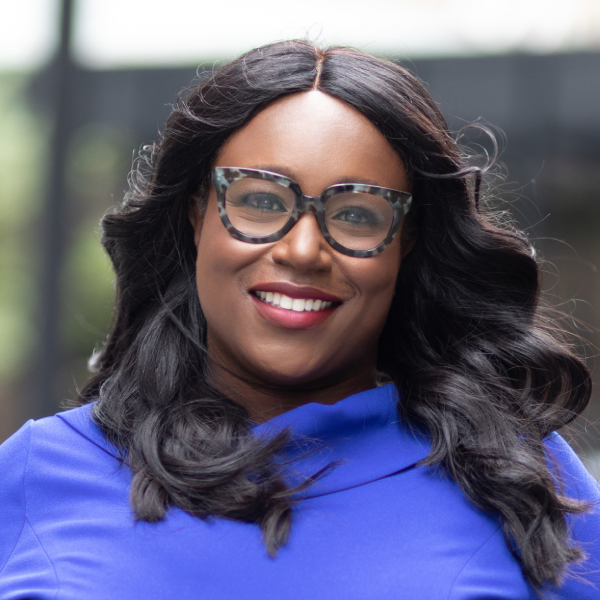The OBA will help the legal sector to create feasible plans to improve equality, says new president
Over the past year, as anti-Black racism was once again exposed in all its ugliness and shocking violence, businesses were rightly motivated to issue statements of support for those most affected by systemic racism.
To the surprise of some, reaction to these well-intentioned statements of support moved quickly from the anticipated thumbs up to account-by-account revelations of the contrast between the declarations of solidarity and the daily realities for Black people in the workplace. The spotlight on this contrast, while discomforting, brings hope that this time the reckoning is different: more powerful and less yielding in its determination to hold leaders to account.
Of course, it is important to show that we stand beside those waging a critical, sometimes perilous, battle against injustice, but it is equally if not more important that these corporate statements are not held up as shields to deflect the need for action or as a badge of morality that insidiously serves to protect the status quo within our own workplaces. We cannot be allowed to put a checkmark in the box beside “progress” and feel the self-satisfaction of a job well done simply by joining the chorus of those who sing about a better world.
“How?” is the question that should be on everyone’s lips. “How” is the bridge between motivation and results. Asking “how?” is the evidence of our recognition that, as Martin Luther King Jr. taught us years ago, “human progress is neither automatic nor inevitable. . . . Every step toward the goal of justice requires . . . the tireless exertions . . . of dedicated individuals.” When someone tells you they support equality, ask them how they do that — in what ways? Perhaps more importantly, before you tell someone else you support equality and inclusion, be ready to ask yourself how you do that.
As the new president of the Ontario Bar Association, my “Not Another Decade” initiative is about the “how”: insisting we ask how, showing people how and measuring how we have done in transforming moving motivation into markers on equality in our workplaces and in the justice sector generally. The OBA will work with the legal sector to meet a new target or key performance indicator every year for the next decade in order to meaningfully move the dial on equality for racialized and Indigenous people. We will focus on increasing the number of justice sector organizations and employers that have a feasible plan to improve equality, diversity and inclusion in their workplace. We will provide tools to build those plans and to honestly assess the likelihood that they will make a meaningful difference.
We will help with all aspects of a plan, including:
• developing an honest assessment of your current climate and benchmarks; among other things, when you look at leadership do you have Black, Indigenous and people of colour in positions of leadership not specifically related to Equity, Diversity and Inclusion?
• setting goals that are ambitious but achievable and thoroughly connected with EDI objectives;
• engaging staff at all levels without jeopardizing a clear accountability structure;
• ensuring the complex and specialized work of EDI planning is objectively valued and compensated. It is especially important here that the effects of discrimination are not exacerbated by assigning extra, uncompensated EDI work to racialized and Indigenous lawyers alone;
• having honest, meaningful measurements that truly distinguish between sustainable results and lip service;
• committing to reporting results on a predictable schedule using clear performance-to-target indicators that might allow for explanation but do not allow for equivocation.
Sometimes, when I see headlines about racial inequality and unfairness in the justice sector, I almost feel as if I have accidentally picked up a newspaper from 10 years ago. I want those headlines to look markedly different 10 years from now.
Lawyers are a powerful voice in the chorus calling for change in a justice system that must root out racism to maintain the public trust, but we are also poised to serve as a powerful example of accountability and inclusion. We must follow through on the commitments we made in the midst of a revolution or risk finding the justice sector no further ahead a decade from now and the promises we made during our summer of outrage becoming unfulfilled platitudes — all of which would be a great disservice to the people we serve.











